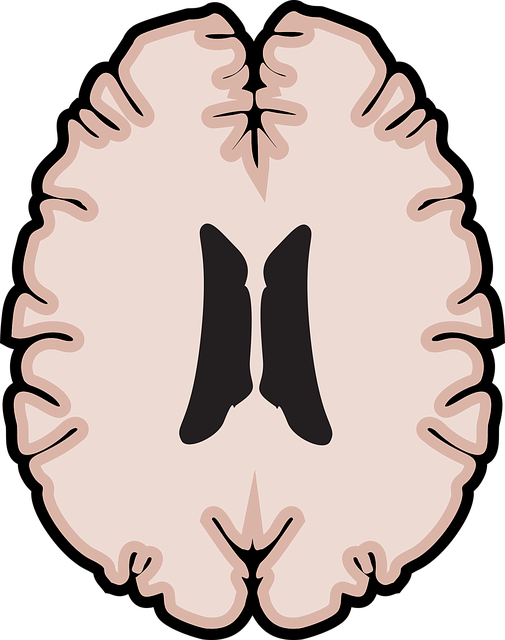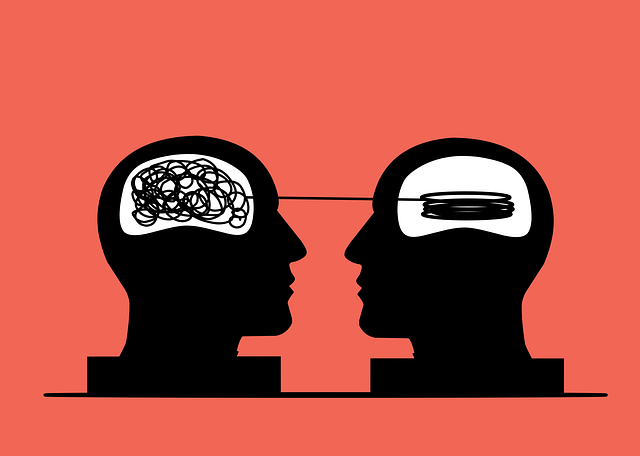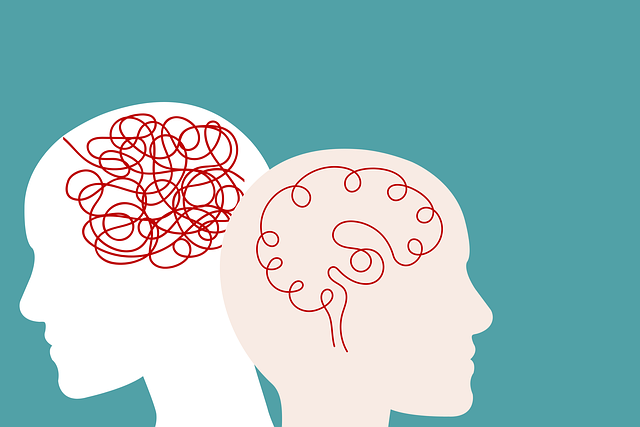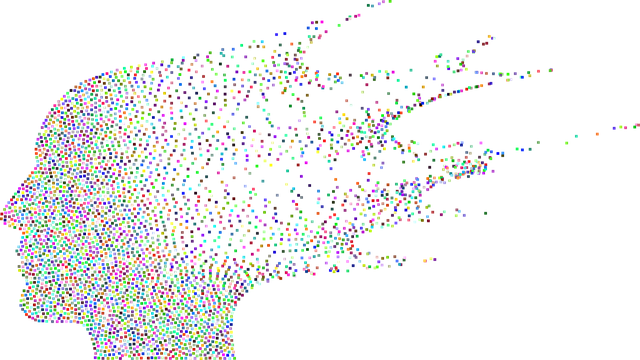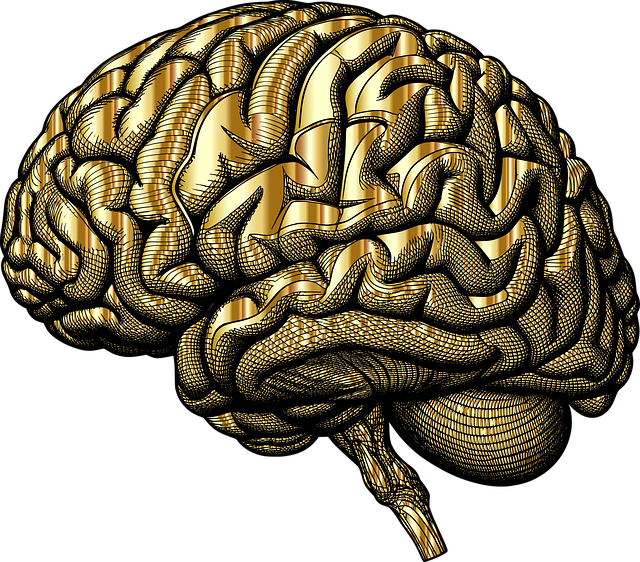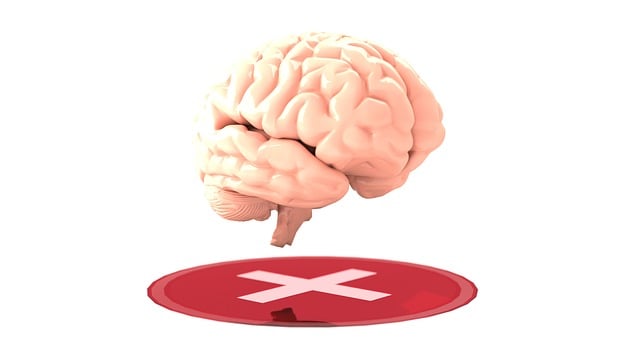Diagnosing mental illness accurately is a complex task, addressed by various strategies at Littleton Domestic Violence Therapy. These include accessible information through podcasts, social skills training for healthcare providers, and cultural sensitivity. Technology integration, like online platforms and algorithms, enhances accuracy. Holistic assessment methods, incorporating compassion cultivation and emotional intelligence, provide deeper insights into clients' experiences, leading to tailored treatment plans. Specialized training programs equip therapists with advanced skills, fostering empathy and evidence-based strategies for improved diagnoses and client outcomes.
Mental illness diagnosis accuracy is a critical aspect of healthcare, with significant implications for patient outcomes. This article explores efforts aimed at enhancing diagnostic precision, delving into the challenges that plague this field and highlighting innovative solutions. We examine the integration of technology and holistic approaches, focusing on tools that can revolutionize assessment methods. Furthermore, we discuss the importance of training and education in empowering professionals to provide better diagnoses, drawing insights from resources like Littleton Domestic Violence Therapy.
- Understanding the Challenges of Mental Illness Diagnosis
- The Role of Technology and Innovative Tools in Improving Accuracy
- Integrating Holistic Approaches for Comprehensive Assessment
- Training and Education: Empowering Professionals for Better Diagnosis
Understanding the Challenges of Mental Illness Diagnosis

Diagnosing mental illness accurately can be a complex and multifaceted challenge. Many factors contribute to this difficulty, including the diverse presentation of symptoms across different conditions and individuals. For instance, what may appear as chronic anxiety in one person could mimic depression in another, adding layers of complexity for healthcare professionals. The intricate interplay between biological, psychological, and social factors further complicates the diagnostic process.
Efforts to enhance diagnosis accuracy often revolve around integrating various approaches like the Mental Wellness Podcast Series Production, which can provide accessible information and personal narratives, promoting a better understanding among both patients and practitioners. Social Skills Training and Cultural Sensitivity in Mental Healthcare Practice are also vital components. By addressing cultural nuances and improving communication skills, healthcare providers can create inclusive environments that foster trust and encourage open discussions, ultimately leading to more precise diagnoses. These strategies, when implemented alongside evidence-based practices, aim to bridge the gap between complex presentations and accurate mental illness diagnosis, as exemplified by initiatives like Littleton Domestic Violence Therapy.
The Role of Technology and Innovative Tools in Improving Accuracy

The integration of technology and innovative tools has emerged as a powerful ally in the quest for enhancing mental illness diagnosis accuracy. Online platforms offering specialized services, such as virtual therapy sessions provided by Littleton Domestic Violence Therapy, are making quality care more accessible. Through advanced algorithms and machine learning capabilities, these digital interventions can analyze patterns and symptoms over time, aiding professionals in forming more precise diagnoses.
Furthermore, technology facilitates the development of self-assessment tools and mobile applications that promote mental well-being, including features for tracking moods and behaviors, practicing mindfulness through guided meditations and self-awareness exercises, and even early intervention strategies for depression prevention. By empowering individuals to actively participate in their mental health management, these innovative solutions contribute to a more holistic and accurate diagnosis process.
Integrating Holistic Approaches for Comprehensive Assessment

In recent years, there’s been a growing recognition of the need for more holistic approaches to mental illness assessment, moving beyond traditional diagnostic methods. This shift is driven by understanding that mental health is deeply connected to our emotional lives, interpersonal relationships, and overall well-being. Integrating practices like Compassion Cultivation and Emotional Intelligence into therapy sessions offers a comprehensive framework. By fostering resilience and empathy, therapists in Littleton Domestic Violence Therapy can gain deeper insights into clients’ experiences and challenges, leading to more accurate diagnoses and effective treatment plans.
This holistic perspective encourages patients to explore their emotional responses and cultivate healthier ways of coping with stressors, including those arising from domestic violence. As a result, assessment becomes more nuanced, capturing the intricate interplay between psychological, social, and environmental factors that contribute to mental illness. Such an approach ensures that treatments are tailored to address individual needs, promoting better outcomes and improved quality of life for those seeking support.
Training and Education: Empowering Professionals for Better Diagnosis

Training and Education play a pivotal role in enhancing the accuracy of mental illness diagnoses. Professionals like therapists and coaches are equipped with knowledge and skills through specialized training programs, enabling them to recognize subtle symptoms and nuances that may be easily overlooked. These programs often include advanced techniques such as Compassion Cultivation Practices, which foster understanding and empathy towards individuals facing mental health challenges. By integrating these practices into therapy sessions at Littleton Domestic Violence Therapy, professionals can create a supportive environment, enhancing client engagement and trust.
Moreover, Mental Wellness Coaching Programs Development focuses on evidence-based strategies to support emotional well-being promotion techniques. These programs empower therapists and coaches with the tools to conduct thorough assessments, differentiate between similar disorders, and tailor interventions accordingly. Through continuous learning and staying abreast of the latest research, professionals can ensure they provide accurate diagnoses and effective treatment plans, ultimately improving client outcomes.
Mental illness diagnosis accuracy has seen significant advancements through technological innovations and holistic assessment methods. By combining advanced tools with comprehensive training, professionals like those at Littleton Domestic Violence Therapy can navigate complex cases more effectively. These efforts not only improve patient outcomes but also ensure that individuals receive the appropriate support and treatment they need for improved mental health and well-being.

